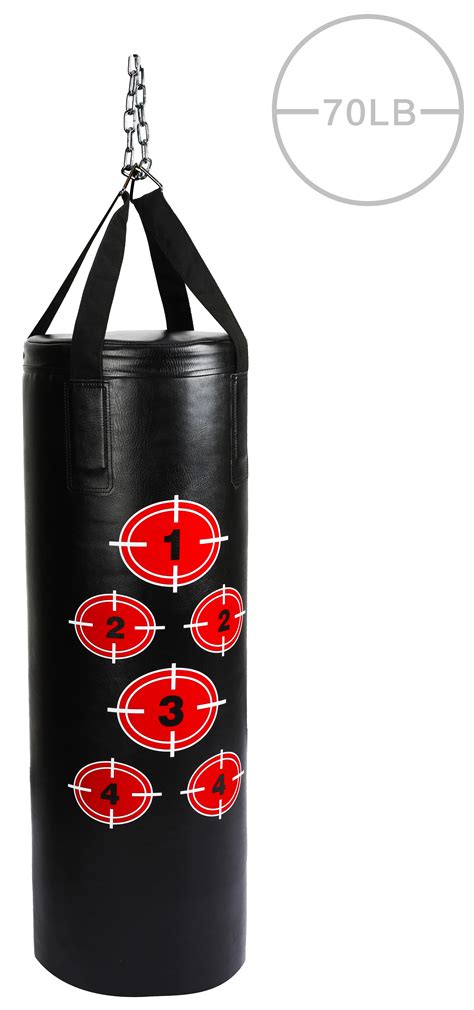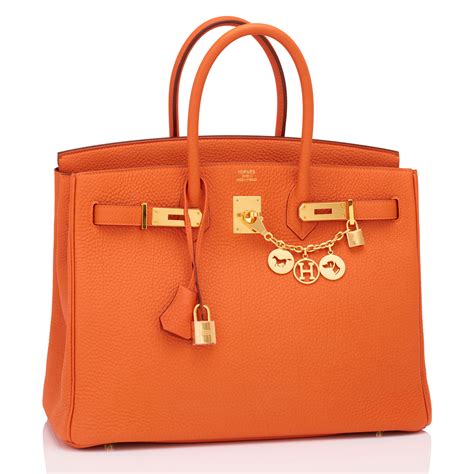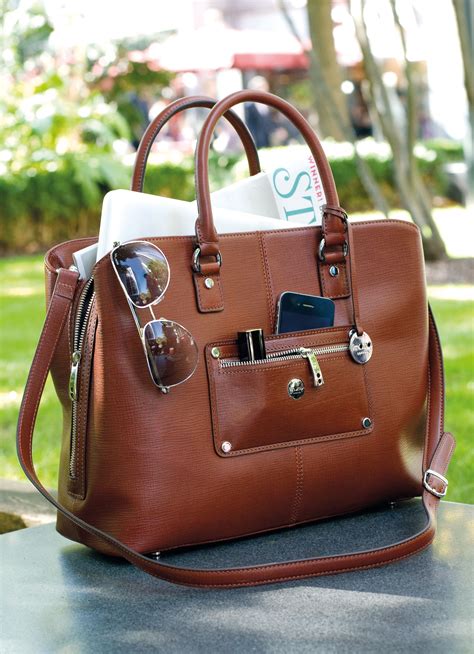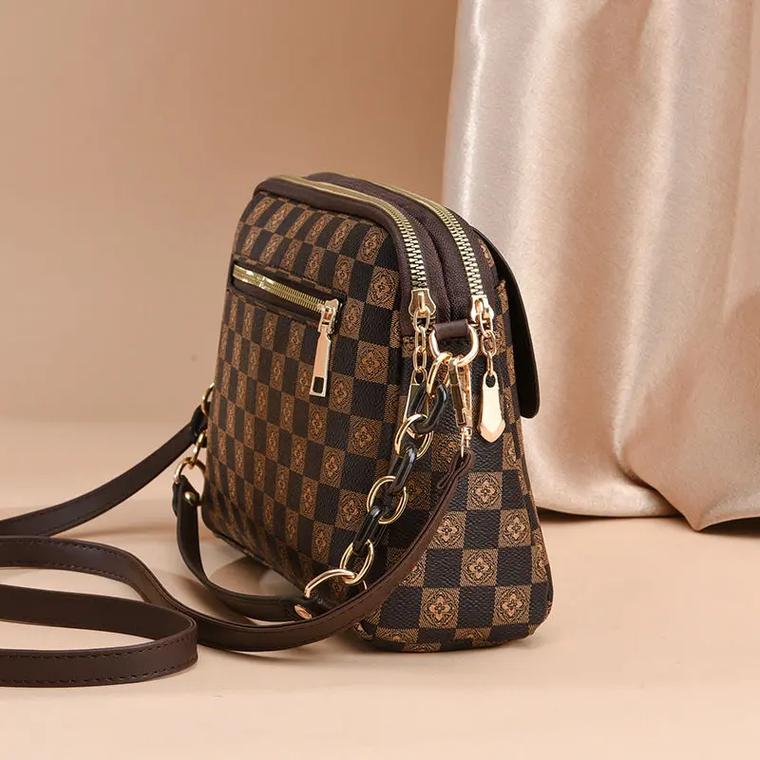morte maurizio gucci | true story of Gucci family
$189.00
In stock
The name Gucci is synonymous with luxury, Italian craftsmanship, and timeless style. It evokes images of meticulously crafted handbags, elegant silk scarves, and a legacy built over generations. However, behind the shimmering façade of the Gucci empire lies a dark and complex history, culminating in the shocking assassination of Maurizio Gucci, the last member of the Gucci family to lead the iconic fashion house. His death, a brutal act of betrayal orchestrated by those closest to him, remains a stark reminder that even in the rarefied world of high fashion, greed, ambition, and resentment can lead to devastating consequences. This article delves into the life, death, and legacy of Maurizio Gucci, exploring the factors that led to his tragic demise and the aftermath that continues to fascinate and horrify in equal measure.
Maurizio Gucci Biography: From Heir Apparent to Fallen Leader
Maurizio Gucci was born on September 26, 1948, in Florence, Italy, into the heart of the Gucci dynasty. His grandfather, Guccio Gucci, founded the company in 1921 as a leather goods shop specializing in equestrian accessories. Maurizio was the son of Rodolfo Gucci, one of Guccio's sons, and Sandra Ravel, an Italian actress. He grew up immersed in the world of luxury and fashion, surrounded by the finest materials and the constant buzz of a thriving family business.
Maurizio's early life was marked by privilege and exposure to the inner workings of the Gucci empire. He witnessed firsthand the family's dedication to quality and innovation, values that would later influence his own leadership style. He was educated in prestigious schools and traveled extensively, developing a sophisticated understanding of international markets and consumer trends.
Upon his father's death in 1983, Maurizio inherited his 50% stake in Gucci, positioning him as a key player in the company's future. However, the Gucci family was already embroiled in internal power struggles, with various factions vying for control. Maurizio's ascent to power was met with resistance from his uncle, Aldo Gucci, and his cousins, who felt he lacked the business acumen necessary to lead the company effectively.morte maurizio gucci
Maurizio's leadership was indeed characterized by bold moves and ambitious plans, but also by a certain recklessness and a lack of attention to detail. He embarked on a series of strategies aimed at revitalizing the Gucci brand and expanding its global reach. He brought in new designers, invested in innovative marketing campaigns, and opened flagship stores in key international cities.
However, these initiatives were often poorly executed and financially unsustainable. Maurizio made a series of questionable business decisions, including selling off key assets and racking up significant debt. His management style was perceived as autocratic and out of touch with the needs of the company.
His ambition often outstripped his ability to manage the complex financial and operational challenges facing Gucci. As a result, the company's financial performance deteriorated rapidly under his leadership. By the early 1990s, Gucci was on the brink of bankruptcy, and Maurizio was facing mounting pressure from shareholders and creditors.
Ultimately, in 1993, Maurizio was forced to sell his remaining shares in Gucci to Investcorp, an investment company based in Bahrain. This marked the end of the Gucci family's direct control over the company, a devastating blow to the family's legacy and a personal humiliation for Maurizio.
Maurizio Gucci and Wife: A Love Story Turned Deadly
In 1972, Maurizio Gucci married Patrizia Reggiani, a socialite known for her flamboyant style and extravagant lifestyle. Their marriage was initially a whirlwind romance, a captivating union between the heir to the Gucci empire and a woman who embodied the glamorous world of Italian high society. Together, they had two daughters, Alessandra Gucci, born on June 28, 1976, and Allegra Gucci.
Patrizia quickly embraced the Gucci lifestyle, reveling in the luxury and attention that came with being Maurizio's wife. She became a fixture on the Milanese social scene, known for her extravagant spending habits and her love of designer clothes, jewelry, and lavish parties.
However, as Maurizio's business ventures began to falter and his leadership of Gucci came under increasing scrutiny, the couple's relationship began to unravel. Patrizia, accustomed to a life of luxury and privilege, struggled to cope with the financial pressures and the uncertainty surrounding Maurizio's future.
Their marriage was further strained by Maurizio's growing detachment and his eventual decision to leave Patrizia for a younger woman, Paola Franchi. In 1985, Maurizio told Patrizia he was going on a short business trip to Florence. The next day, he sent a friend to tell her that he would not be returning and the marriage was over. This abandonment deeply wounded Patrizia, who felt betrayed and humiliated by Maurizio's actions.
The divorce proceedings were lengthy and acrimonious, with Patrizia demanding a substantial settlement and maintaining a strong hold on the Gucci name and lifestyle. She reportedly received a settlement of $500,000 a year, but this was not enough to satisfy her desire for revenge.
Patrizia harbored deep resentment towards Maurizio, blaming him for the loss of her lavish lifestyle and the humiliation she felt after their separation. She became increasingly obsessed with his personal life and his relationship with Paola Franchi. Fueled by jealousy and a desire to reclaim her former status, Patrizia began to plot Maurizio's demise.
Additional information
| Dimensions | 9.4 × 4.6 × 2.7 in |
|---|








